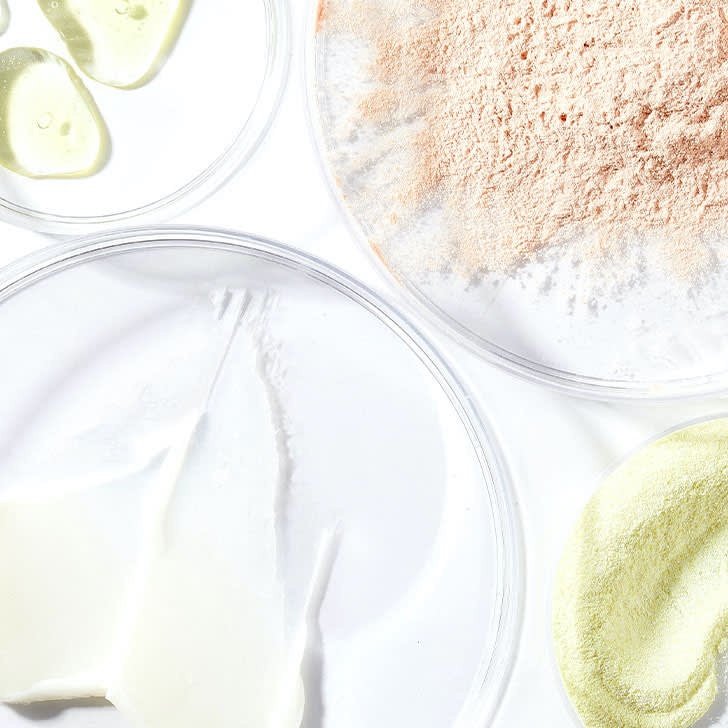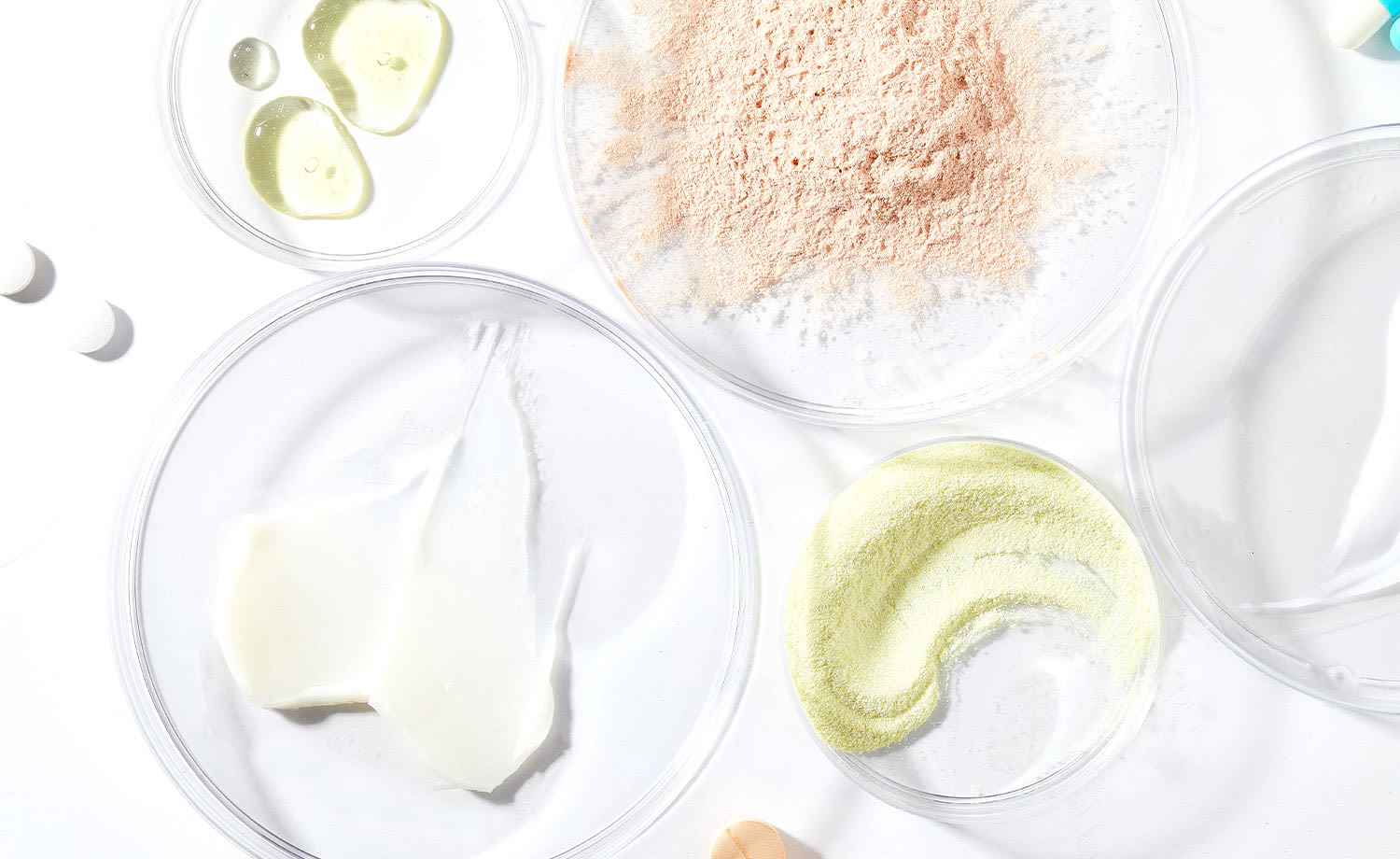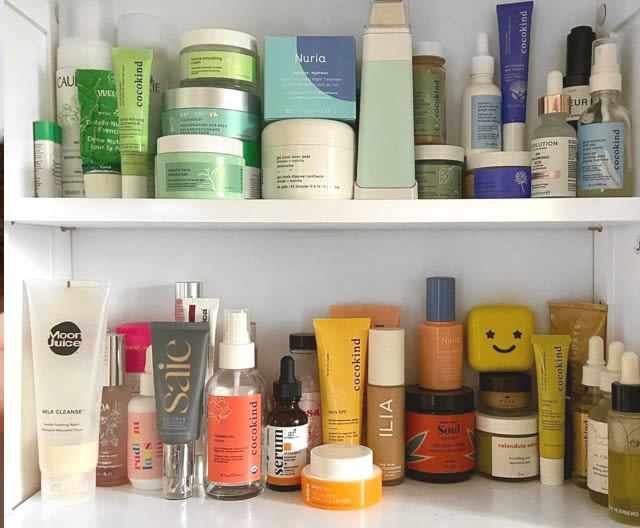Apostrophe's Service
What Is A Compounding Pharmacy?


SHARE
Apostrophe's Service
What Is A Compounding Pharmacy?
Medically reviewed by Aimee Paik, MD
Written by Apostrophe Team
Last updated 8/1/2024
Apostrophe launched a compounding pharmacy! That means you can get your treatments delivered directly from one of our partner pharmacies instead of driving to a third-party pharmacy and waiting in line to pick up your prescriptions. Even though compounding pharmacies produce a full 3% of drugs dispensed in the United States, many people don’t know much about them. How do they differ from your typical neighborhood pharmacy and why do people use them? Read on to find out!
Meeting a need
Traditionally, compounding pharmacies serve to fill a gap left by regular pharmacies. They create drugs that may not be commercially available and can address a patient’s specific needs by producing custom treatments. For instance, if a child needs a specific dose of a drug that is only available in adult dosages, or if a person is allergic to an ingredient in the commercial version of a medication, then a compounding pharmacy can step in with the medicine needed. This means that physicians can prescribe patients exactly what they need, rather than only what is available or accessible by large manufacturers.
Types of compounding pharmacies
There are two types of compounding pharmacies: sterile and non-sterile. Non-sterile does not mean that the medication produced in those pharmacies isn’t clean. Rather, a sterile pharmacy must maintain and follow very specific standards and rules when making its medications. Sterile pharmacies only produce drugs that are intended for injection, infusion, or application to the eye – all methods of distribution that can cause life-threatening effects if the medication is tainted by fungus or bacteria.
Apostrophe Pharmacy is a non-sterile pharmacy. We do not compound our oral medications, but all our topical formulations are compounded on site. This means we follow USP 795 "Pharmaceutical Compounding — Nonsterile Preparations” which codifies all the rules pharmacists and pharmacy technicians follow when preparing non-sterile medications. These rules include guidelines around documentation, labeling, and cleanliness.
Why Apostrophe compounds our own treatments
Having our own compounding pharmacy allows us two major benefits:
The dermatology providers on our platform can formulate tailored treatments based on their knowledge and experience of what works best for each of their patients. For instance, our Tretinoin Formula contains the proven active ingredient tretinoin alongside niacinamide. Since one of the major side effects of tretinoin is dryness and irritation, we include niacinamide helps soothe and calm the skin.
We have direct control over the quality of our medications throughout the production process. We know exactly where production occurs, the type of testing and regulations that are in place, and that the lab is clean and meets all federal standards. This level of control allows us to consistently produce high quality medication. You can be confident you are getting properly produced treatments every time.
Do you have questions about our pharmacy or our treatments? Send us a DM on IG or Twitter @hi_apostrophe!
Like what you just read? Sign up for our email list to get the scoop on skincare science delivered straight to your inbox.

Education
What is milia?
What is milia? Today, we’re jumping into one type of bump that you may have heard about most commonly in infants — milia.
Read More
Education
Best moisturizer for acne-prone skin
If you have combination acne-prone skin, figuring out which moisturizer is best for your skin might be tough. In this guide, we break down the best moisturizer for combination, acne-prone skin.
Read More
Education
How to build a face care routine
As you get into skincare, it might seem overwhelming, especially trying to figure out the order you're supposed to apply products in. Below, we detail how to build a face care routine for your skin!
Read More